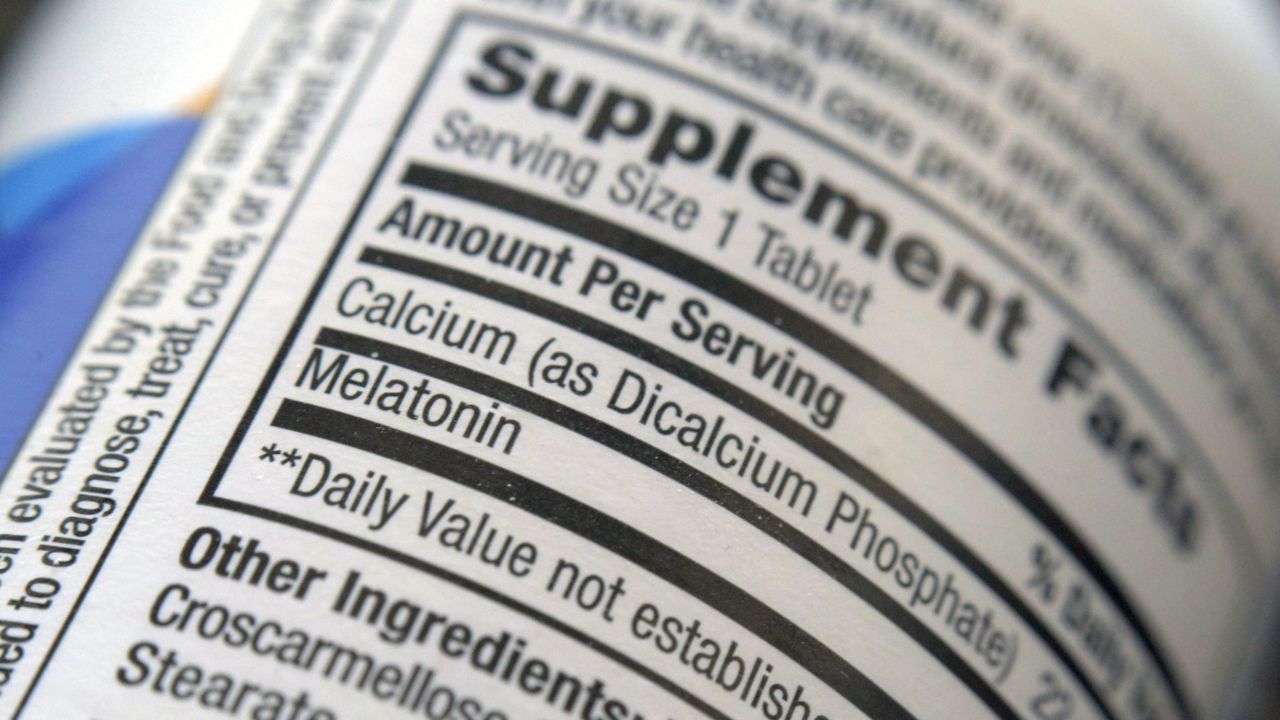Reports of pediatric ingestion of melatonin – a popular over-the-counter sleep aid – have skyrocketed over the past ten years, according to recent data published by the U.S. Centers for Disease Control and Prevention.
The study, published last Thursday, looked at how many individuals under the age of 19 reported concerning ingestion of melatonin to the American Association of Poison Control Centers’ National Poison Data System. Between January 2012 and December 2021, 260,435 such incidents were identified in the system, and the annual number of reports increased by 530% over the same time period.
Along with the increased reports of melatonin ingestion came more pediatric hospitalizations and patients with “more serious outcomes,” per the CDC. Over the 10 years studied, more than 4,000 kids were hospitalized, five children required ventilation and two died after ingesting the substance.
Many people can tolerate even relatively large doses of melatonin without significant harm, experts say. But there is no antidote for an overdose. In cases of a child accidentally ingesting melatonin, experts often ask a reliable adult to monitor them at home.
But slowed breathing or other worrisome signs can mean a child should be taken to a hospital.
The largest year-to-year jump in pediatric melatonin ingestions in the past decade came between 2019 and 2020. Researchers attributed the 38% increase between the two years to the onset of the COVID-19 pandemic.
“This might be related to increased accessibility of melatonin during the pandemic, as children spent more time at home because of stay-at-home orders and school closures,” researchers posited. “Further, reports of increasing sleep disturbances during the pandemic might have led to increased availability of melatonin in the home. This pandemic-related increase in accessibility and availability might have contributed to increased exposures in children.”
Last year, U.S. poison control centers received more than 52,000 calls about children consuming worrisome amounts of the dietary supplement — a six-fold increase from about a decade earlier. Most such calls are about young children who accidentally got into bottles of melatonin, some of which come in the form of gummies for kids.
Melatonin is a hormone that helps control the body’s sleep cycle. It has become a popular over-the-counter sleeping aid, with sales increasing 150% between 2016 and 2020, authors of the CDC study said.
In the U.S., melatonin is sold as a supplement, not regulated as a drug. Because melatonin is unregulated, the U.S. Food and Drug Administration doesn’t have oversight over the purity of ingredients or the accuracy of dosage claims.
Parents may think of melatonin as the equivalent of a vitamin and leave it on a nightstand, said Dr. Karima Lelak, an emergency physician at Children’s Hospital of Michigan and the lead author of the study. “But really it’s a medication that has the potential to cause harm, and should be put way in the medicine cabinet,” Lelak said.
The Associated Press contributed to this report.



